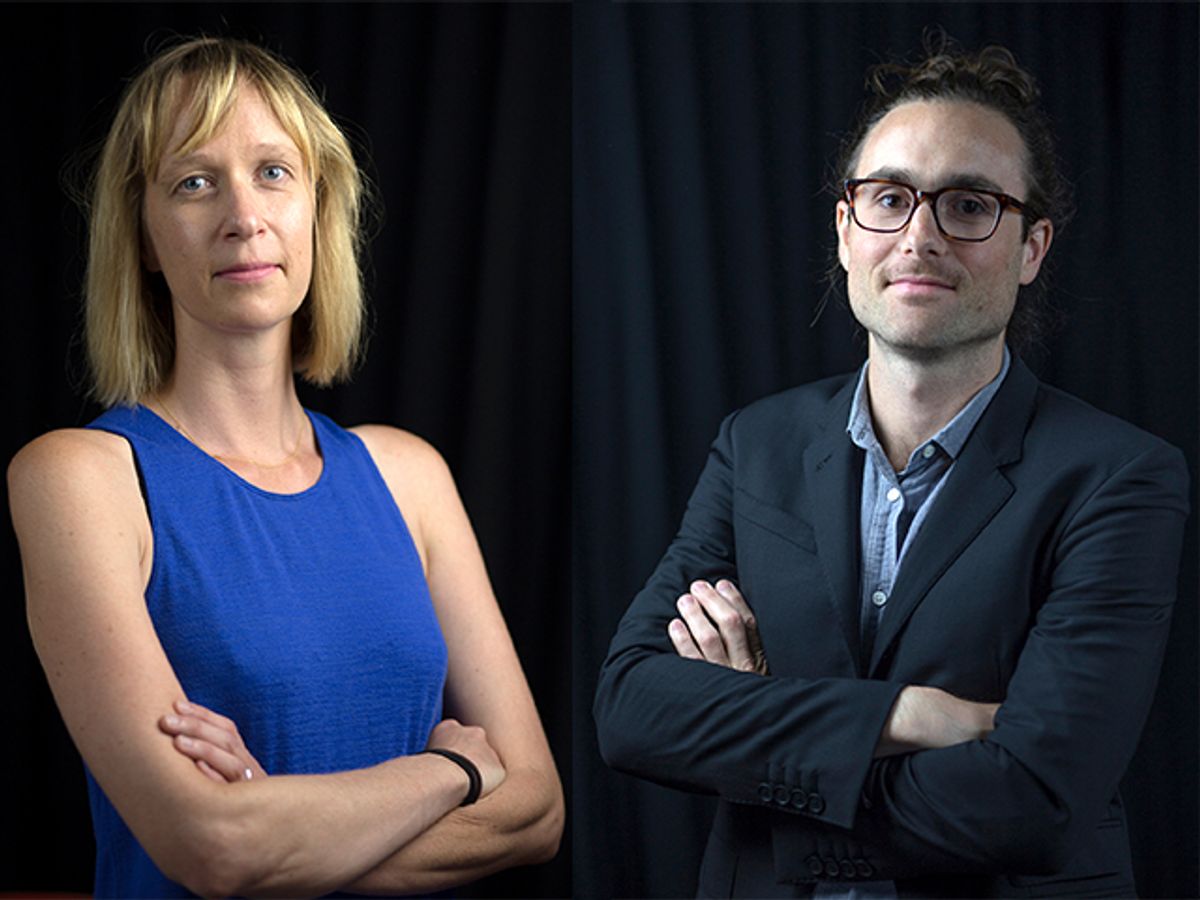Are famine, permanent economic collapse and perpetual war where our planet is heading without aggressive action on climate change — or is this an alarmist approach that assumes a lot about the atmosphere and human activity?
New York Magazine writer David Wallace-Wells' widely shared July 9 article “The Uninhabitable Earth” explores some of these worst-case scenarios. The story was met with praise from many and backlash from others who say that the article overstates some of the science.
This week on "Salon Talks," Wallace-Wells and Kate Marvel, a climate scientist at Columbia University and NASA’s Goddard Institute for Space Studies who has a PhD in theoretical physics, discuss the aftermath of article.
Wallace-Wells on the feedback he received to "The Uninhabitable Earth":
Most of the response was remarkably positive. We had 3.5 million people who have read the story, which is the biggest article New York Magazine has ever published. Especially considering the subject matter, climate, which has long been considered a kind of kryptonite for traffic, this is a really remarkable thing, and I think great news for people who care about the climate going forward that there really is a huge audience out there for general interest, magazine-style writing about climate.
Most of the people I heard from, most of researchers I had spoken to, were quite positive about the piece and excited that the sort of alarm was being raised. There was a kind of vocal minority of scientists who, as you said, took issue with mostly, I would say, the framing of the piece, although there were a very small points that they thought I had slightly mischaracterized. I don’t think I did, but in any event, they worried that some of my bigger picture perspective— mainly that some very, very bad worst case scenarios were possible — ran the risk of alarming or scaring readers a bit too much.
How Marvel, a cloud science expert and climate researcher, reacted to Wallace-Wells' story:
I’m not going to yell at you. I know you’ve been yelled at by a lot of scientists. I kind of admired your attempt to try to tell a story because I know that climate change is kryptonite — nobody wants to hear about it. It’s really hard to dig in and tell a story that people care about. I also feel like doing climate science is a lesson in enforced humility everyday because you can’t know everything.
Watch the video to hear Marvel’s criticisms and Wallace-Wells' goals for his story.



Shares